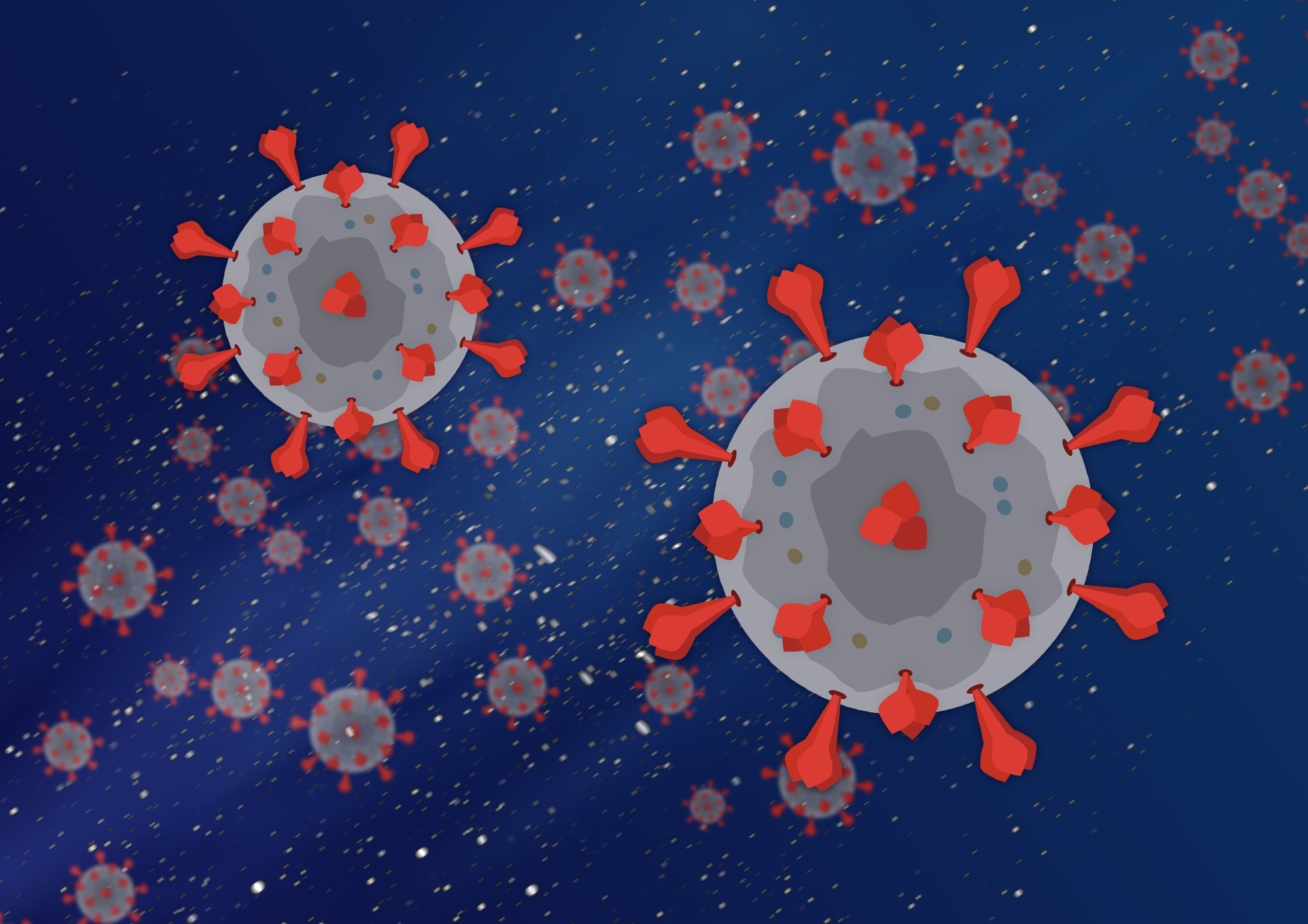The work in the Bioinformatics business area represents the entire data-based value chain of translational biomedical research in science and industry. Using automated processes, biomedical knowledge is extracted from scientific literature and made available in searchable, structured form. Semantic technologies help to represent complex biological and medical knowledge in comprehensive knowledge graphs. These computer-readable models map entire medical indication areas. One example is the complete complex of neurodegenerative diseases, such as Alzheimer's or Parkinson's. The knowledge-based models are then used to interpret and model patient-related data and make individualised predictions (keyword: precision medicine).
Another research topic is data-driven models in drug development. Current big-data architectures and modern methods of machine learning and artificial intelligence are used in this work.
The Bioinformatics business area is internationally well connected and cooperates closely with European and US institutions. Partners and customers of the business area include university hospitals and international research institutions on the academic side, the research-oriented pharmaceutical industry, biotechnology companies and software houses on the industrial side. Fraunhofer SCAI positions itself at the interface between academic and industrial research.
As an institute of applied research, SCAI engages in the training of students of the »Life Science Informatics« course at the Bonn-Aachen International Center for Information Technology (B-IT). The business area is linked to the excellence university of Bonn via three professorships.

